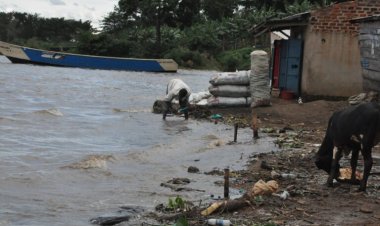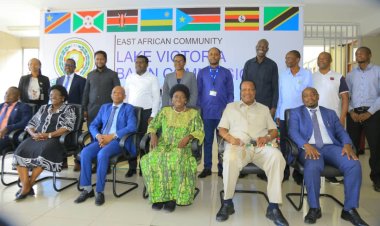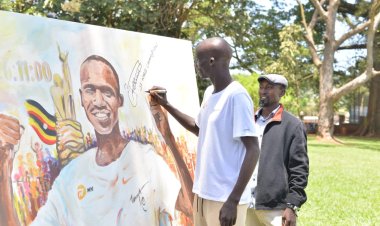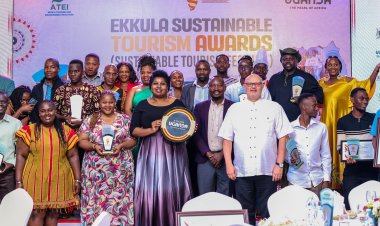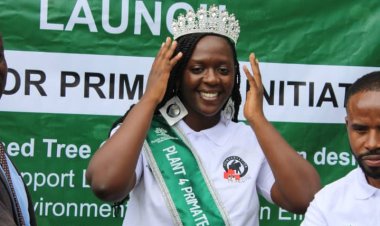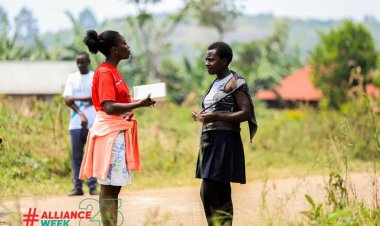Ugandan Entrepreneur Turns Water Hyacinth into Valuable Animal Feeds and Organic Manure
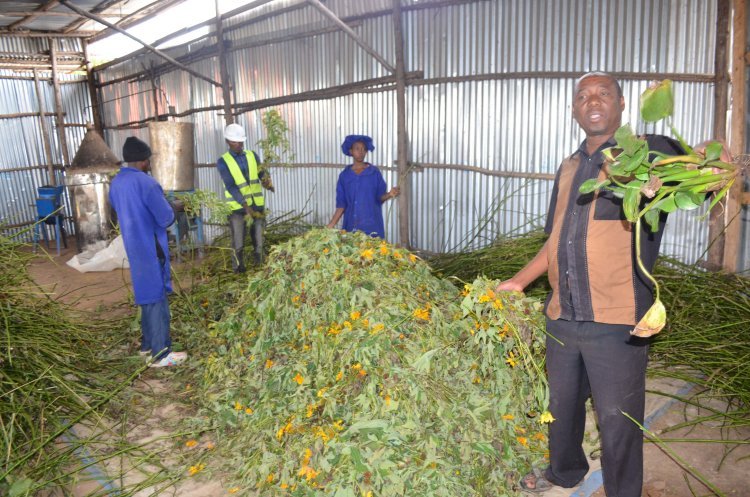
To address both environmental and agricultural challenges, Eng. Justus Sande, the proprietor and Managing Director of Jumol Agrotech Ltd in Bushenyi District is revolutionizing the use of water hyacinth.
This invasive plant, often considered a menace due to its rapid growth and ability to choke water bodies, is being repurposed into valuable animal feeds and organic fertilizers.
Water hyacinth, a free-floating perennial hydrophyte plant, proliferates in natural water bodies such as River Rwizi, posing a serious threat to biodiversity.
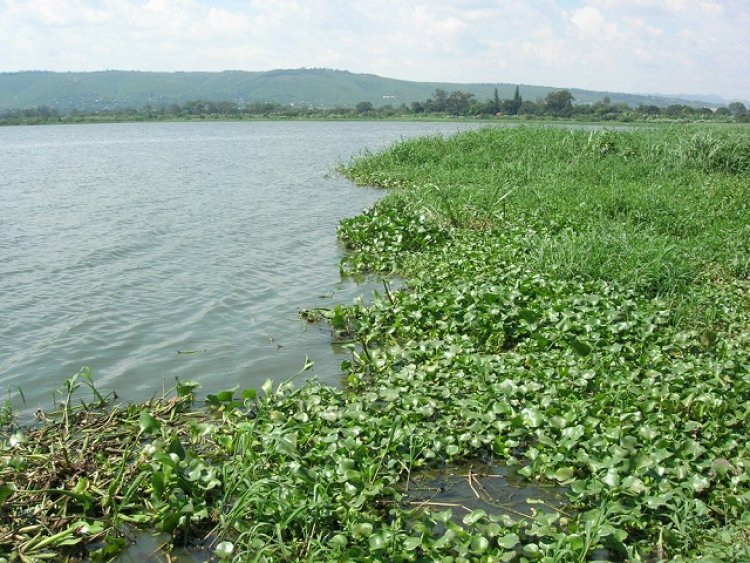
However, Sande saw an opportunity to turn this problem into a solution. By extracting water hyacinth from rivers and lakes, Sande converts it into organic manure and animal feeds, offering local farmers affordable alternatives while mitigating the environmental impact of the invasive plant.
"Water hyacinth has long been viewed as a menace, clogging water bodies and disrupting ecosystems. However, I saw an opportunity to harness its potential and address pressing challenges faced by farmers," explains Sande.
Water hyacinth, characterized by its dense green mat over stagnant water bodies, poses a significant threat to biodiversity in Uganda's rivers and lakes.
Recognizing the urgent need for innovative solutions, Sande embarked on a mission to transform this environmental problem into a sustainable resource.
Through extensive research and experimentation, Sande developed innovative techniques to extract and process water hyacinth into organic manure and nutrient-rich animal feeds.
His approach not only mitigates the negative impacts of the invasive plant but also provides farmers with affordable and eco-friendly alternatives.
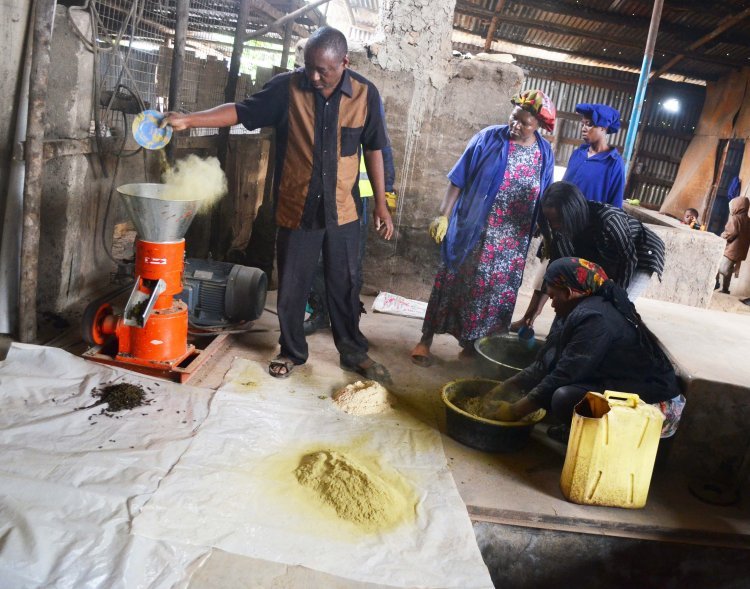
"The environment is conserved by utilizing the water hyacinth as it is seen as a problem and turning it into a product, and at the same time, farmers are being helped to keep in production," emphasizes Sande.
Sande blends water hyacinth with locally available ingredients such as soft grass, soya, potato vines, and sunflower to create customized animal feeds tailored to the nutritional needs of different livestock.
"We formulate feeds that target specific dietary requirements of calves, pigs, and other animals. By incorporating water hyacinth into our formulations, we are able to provide balanced nutrition while reducing the reliance on costly feed additives," Sande elaborates.
Furthermore, water hyacinth serves as a valuable source of organic fertilizer, producing pathogen-free compost that enhances soil fertility and promotes crop yield.
Sande's innovative approach addresses soil degradation and also offers an environmentally sustainable alternative to chemical fertilizers.
Despite facing challenges such as high electricity costs and expensive machinery, Sande remains committed to his mission of promoting sustainable agriculture and environmental conservation.
"Our goal is to create a circular economy where waste materials are transformed into valuable resources. By harnessing the potential of water hyacinth, we are not only improving agricultural productivity but also contributing to ecosystem health," asserts Sande.
Supported by organizations like the Dutch Fund for Climate and Development (DFCD) through the World Wide Fund for Nature Uganda Country Office (WWF-UCO), Sande continues to innovate and expand his operations, creating positive impacts for both people and nature.








